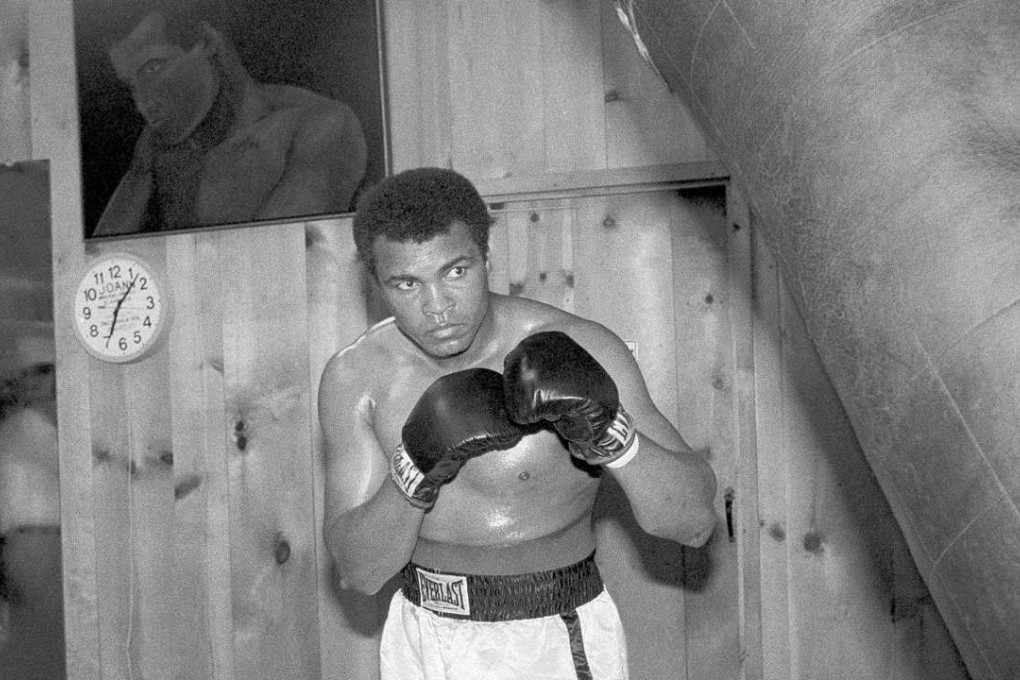In or out of the ring, myriad reasons to celebrate the life of boxing great Muhammad Ali
He was arguably the greatest sportsman of the 20th century, yet he was also a diplomat, poet, philanthropist, civil rights activist and peace advocate

Muhammad Ali made his name as a black heavyweight boxing champion, but he is being mourned for being more than a sporting great. The courage and tenacity he showed in the ring extended into issues of race, religion, politics and charity, to the point that he became the world’s most recognisable person. Even in diplomacy he had a role; among his trips, he visited China twice to build ties with the US, on one occasion in 1979 meeting paramount leader Deng Xiaoping (鄧小平). In all he attempted, with all he attained, he had a significant impact.
Ali’s bravery and personality were his defining marks. His boasting of his boxing greatness, coupled with rhyming taunts to opponents, assured media attention. Although a poor student at school and from a poverty-ridden and racially segregated background, his fame gave a platform from which to fight causes.
Born with the slave name Cassius Clay, he rose to prominence at a crucial time in American history, with the civil rights movement and Vietnam war gathering pace. As a cocky 18-year-old in Rome in 1960, he won an Olympic gold medal. Two days after he took the world heavyweight crown in 1964, he became a Muslim and changed his name to Muhammad Ali, sparking controversy. Religion was his reason for refusing to be drafted into the US army in 1967 and he was stripped of his boxing licence and title and lost three of his prime fighting years in the legal battle to stay out of jail.
